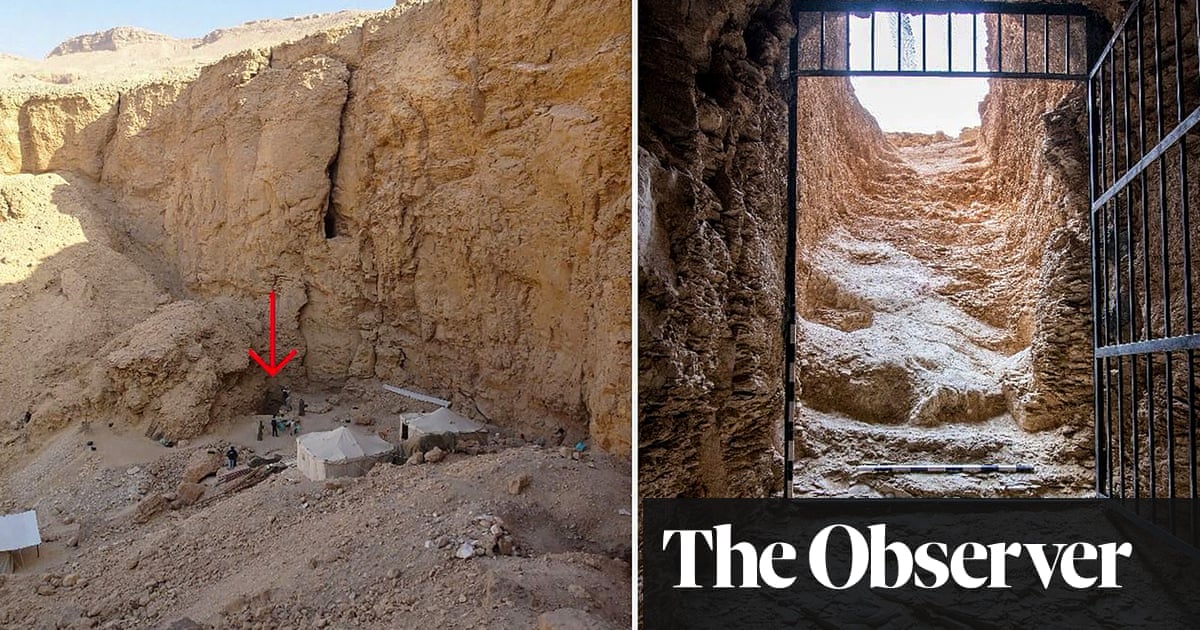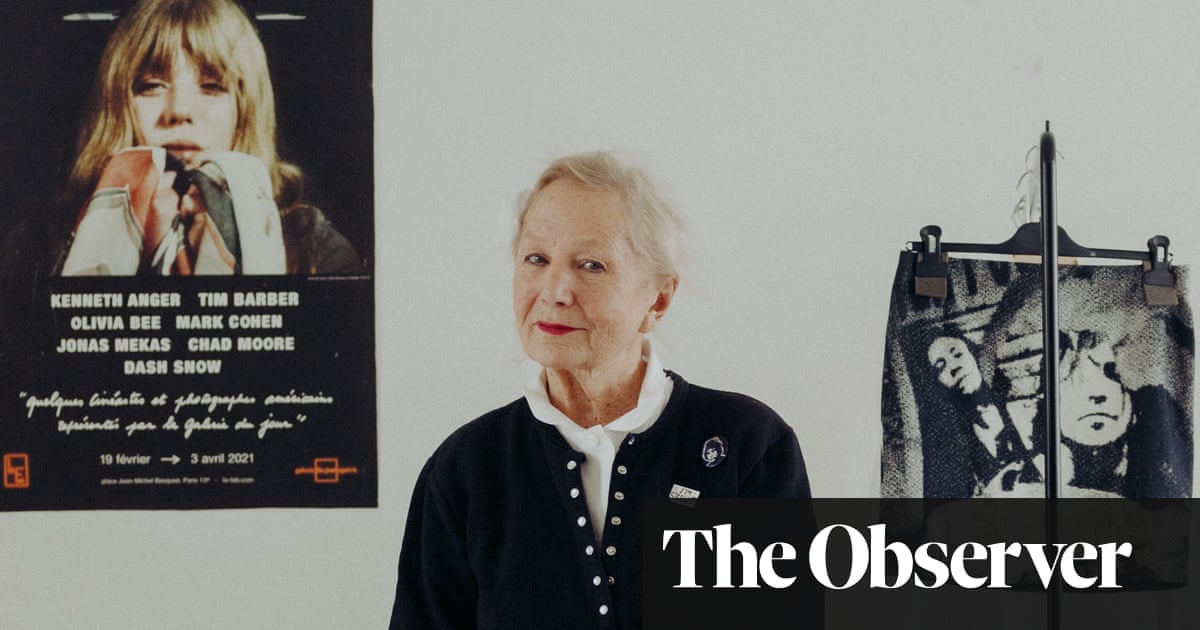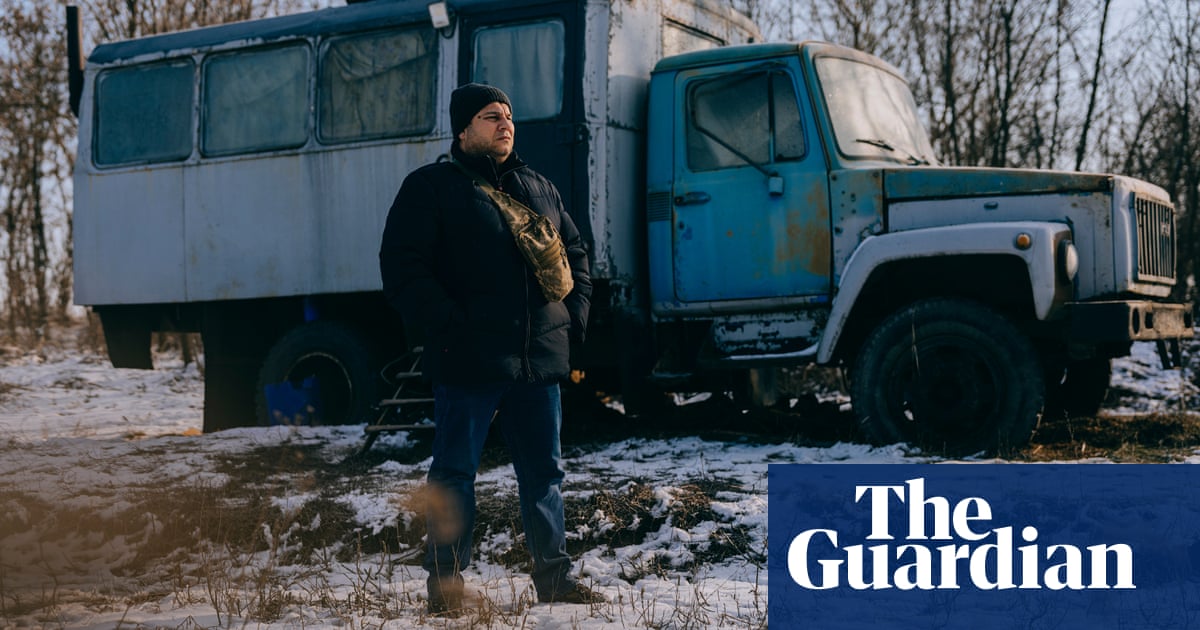This is impressive work from film-maker Hasan Oswald that allows its subject, as far as possible, to tell her own story. Mediha Ibrahim Alhamad is a teenage girl from Kurdish northern Iraq and a member of the Yazidi religious group, subject to much bigotry from extreme Islamism. Oswald appears to have come across her extraordinary story quite by chance, when he was told about it by his Yazidi translator while working in the region on a quite different project.
In 2014, Mediha’s family was shattered by the Islamic State massacre of their village in Sinjar. Thousands of Yazidi were kidnapped; the women were sold into sexual slavery, and the boys often forced to be child soldiers. Mediha and two of her three brothers were finally brought back; her father is presumed dead but her third brother and mother are thought to be still alive. For a lot of the time, Oswald simply hands the camera over to Mediha (and sometimes her brothers) and lets her show us, with honesty and unaffected charm, her life with her kindly, careworn uncle, pursuing a legal action against her captor, having therapy for PTSD and trying not to lose hope as various aid workers bring news of possible sightings of missing family members.
It is heartbreaking when Mediha, old beyond her years, tells us: “I never told my brothers what happened to me …” and then the camera shows the boys quite happily fooling around and playing football. The most agonising thing concerning their missing mother – whose resemblance to Mediha is eerie – is that she may well have had more children with her IS jailor-husband or husbands, and faces what someone here calls a “Sophie’s Choice” if she is rescued; she can’t bring her new children with her. It’s a remarkable story of real-life courage – that is, the courage to face both the past and a complicated, fractured future yet to come.
Mediha is in UK and Irish cinemas from 22 November.

 3 months ago
44
3 months ago
44













































